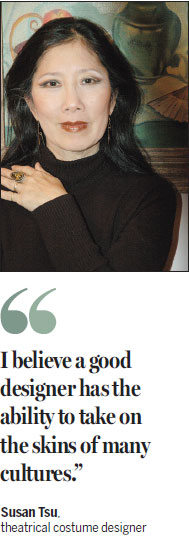Susan Tsu: Outfitting a vision
Updated: 2016-06-03 11:43
By Niu Yue(China Daily USA)
|
||||||||
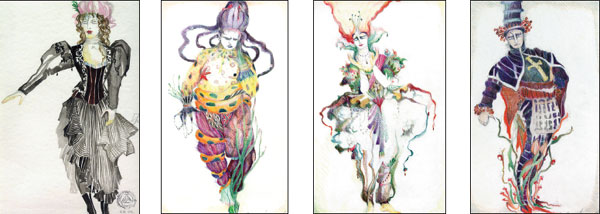
A legend in contemporary costume design, Susan Tsu says her dual cultural heritage works to her advantage, Niu Yue reports from New York
Going beyond the ordinary is something Susan Tsu has been consistently doing for years, not only as a costume designer but also as an educator.
"My generation, in coming of age, was the first to be labeled the type-A super-achieving Chinese American," she wrote in her bio. "We were driven in part by Confucianism, a strong component of which was filial and ancestral piety, and in part by the unquestionable expectation that the sacrifices and standards of our parents dictated our own performance standards.
"Working harder and forsaking individual pleasure for the greater good was deeply culturally ingrained," she wrote.
On May 20 in New York, Tsu was presented with a lifetime achievement honor at the TDF/ Irene Sharaff Awards ceremony - awards founded in 1993 to pay tribute to the art of costume design and presented through the Theatre Development Fund's costume collection.
"Extraordinary is the one word I would use to describe Susan Tsu," said award presenter Edward Stern. "What's amazing about Susan is she is an extraordinary designer and an extraordinary artist and most of all an extraordinary human being,"
Tsu was born at Penn State University, where her mother, who was born in Hong Kong, was pursuing a master's degree and her father, from Shanghai, was teaching.
As a first generation immigrant born in the US, Tsu had been thoroughly taught about her Chinese heritage and Chinese principles by her parents.
When Tsu went to school, she was the only Chinese person in the entire school district of Pittsburg. Tsu remembered that while most of her friends were having fun after school or over the weekends, she was studying in a Chinese language school.
"My parents brought me up to be bi-lingual but Chinese was my first tongue and even as I learned about Chinese traditions, I came to know America as 'The Beautiful Country', which is how it translates from Chinese to English," Tsu said.
Tsu's interest in theater arts came from her parents as well, as he mother exposed her to a variety of art forms from an early age.
Tsu studied set and costume design at Carnegie Mellon University (CMU), where, again, she was the first Chinese student.
"While I cannot be certain that others feel the same way, I like to think that bringing the sensibilities of two cultures to the table has enriched my collaborations," Tsu said.
Over the past 45 years, Tsu has worked with 45 major regional theater and opera companies in the US and her costumes have also been seen in Europe, Asia and the Pacific Rim.
In 1993, Tsu designed costumes for the stage version of Amy Tan's The Joy Luck Club, a first-time collaboration between Chinese and American theater companies - the Long Wharf Theater and Shanghai People's Art Theatre.
"I did the play of The Joy Luck Club with (set designer) Ming Cho Lee," she said. "It was very exciting. We worked alongside our Chinese colleagues, which was a great honor for us. It was a big deal in China at the time because it was the first collaboration of its kind."
Highlights of her career include costumes for the original Broadway production of Godspell, as well as Pop, The Task, The Greeks, Dracula: A Musical Nightmare and The Importance of Being Earnest.
Along the way she has also garnered a New York Drama Desk Award, New York Drama Critics Award, Los Angeles Distinguished Designer Award and a Kennedy Center Medal of Achievement.
Tsu said that being a Chinese American allows her to work from a unique perspective.
"Like the costumes I designed for King Lear at the Cincinnati Playhouse. Those clothes are inspired by Chinese and Mongolian costumes," Tsu said.
Tsu said she hasn't necessarily gravitated to Chinese companies that are in America but very much focused on establishing a career in the American mainstream.
"While I have a unique understanding of what it means to be Asian, I do not believe that only Asian designers can do Asian plays, just as I do not believe that British designers are the only people in the world who can bring meaning to Shakespeare," Tsu said.
"I believe a good designer has the ability to take on the skins of many cultures and can immerse herself in many situations, which she in fact has not experienced," Tsu added.
"How many of us have actually murdered a king or eaten our children? How many Western designers have made Turandot come to life? And conversely how many Asian designers have tackled the Western classics?" she said.
"I want to be seen as a designer and citizen of the world first, and not be labeled as an Asian-American designer alone," Tsu wrote in her bio.
- Suspected IS terrorists arrested in Germany
- Japanese boy abandoned by parents in Hokkaido forest found alive
- China to build Africa's biggest university library
- 'Kill list' found in UCLA campus shooter's residence: Police
- Swiss declare Alps tamed as Gotthard rail tunnel opens
- China urges Japan to properly settle Chinese forced laborers issue
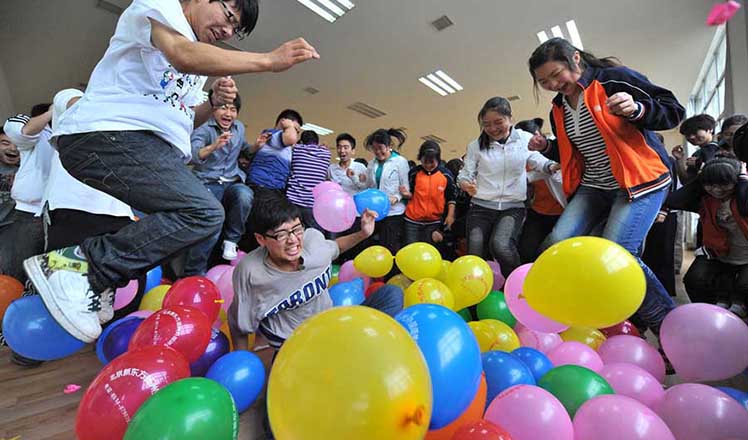
 Students use creative ways to relieve gaokao stress
Students use creative ways to relieve gaokao stress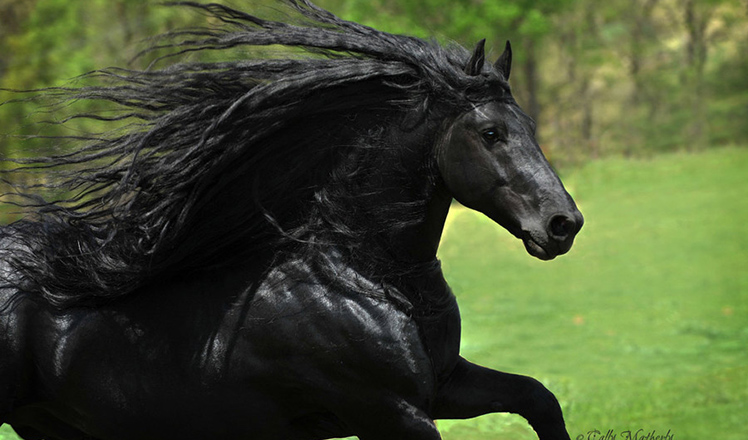
 Frederik the Great: Is it a horse or a stunning statue?
Frederik the Great: Is it a horse or a stunning statue?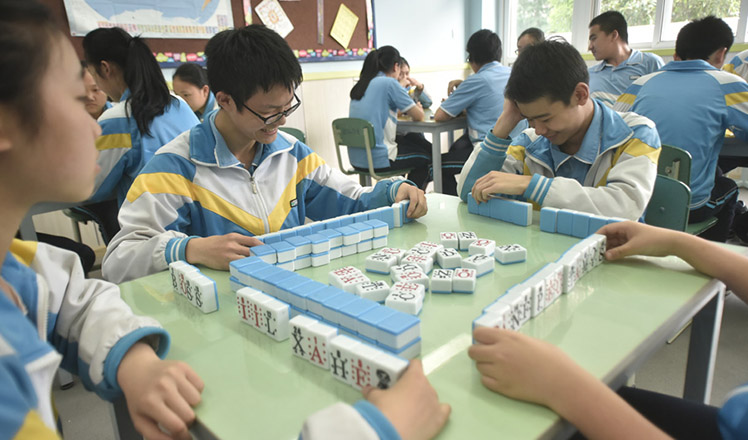
 How mahjong can improve your chances with English
How mahjong can improve your chances with English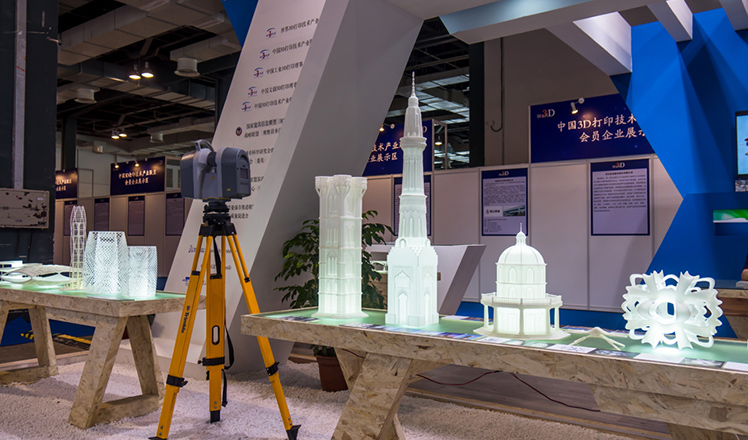
 Shanghai's 3D printing expo attracts over 100 companies
Shanghai's 3D printing expo attracts over 100 companies
 Traditional incense production in Nyemo county, China's Tibet
Traditional incense production in Nyemo county, China's Tibet
 Performers wanted for Shanghai Disney park
Performers wanted for Shanghai Disney park
 New law protects ancient villages in Southwest China's Lhasa
New law protects ancient villages in Southwest China's Lhasa
 Kids with HIV in Shanxi's Red Ribbon School
Kids with HIV in Shanxi's Red Ribbon School
Most Viewed
Editor's Picks

|

|

|

|

|

|
Today's Top News
Chinese State Councilor Yang Jiechi to meet Kerry
Chinese stocks surge on back of MSCI rumors
Liang avoids jail in shooting death
China's finance minister addresses ratings downgrade
Duke alumni visit Chinese Embassy
Marriott unlikely to top Anbang offer for Starwood: Observers
Chinese biopharma debuts on Nasdaq
What ends Jeb Bush's White House hopes
US Weekly

|

|
